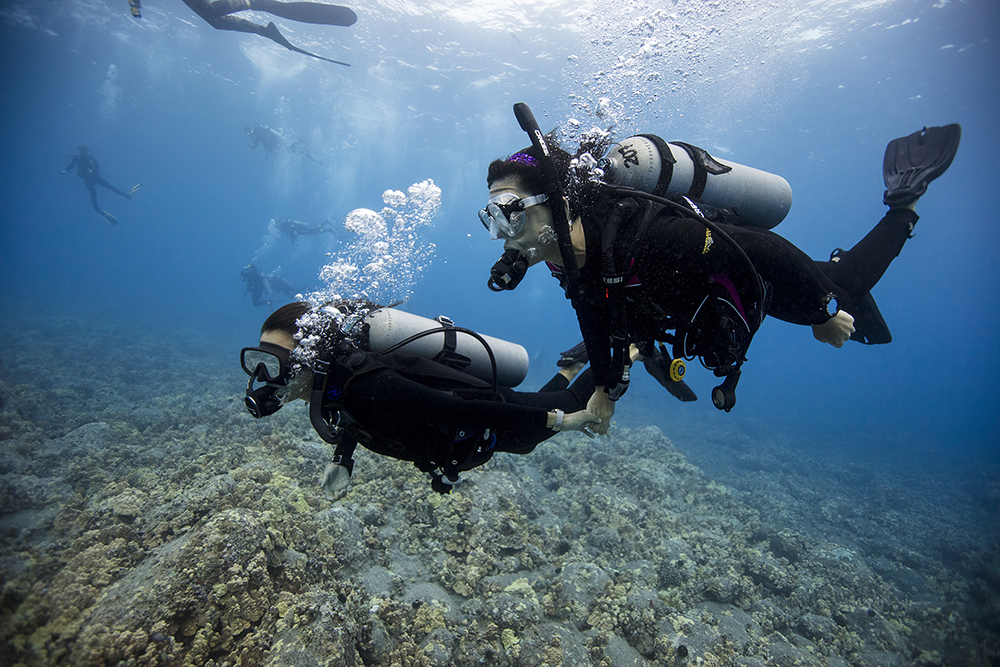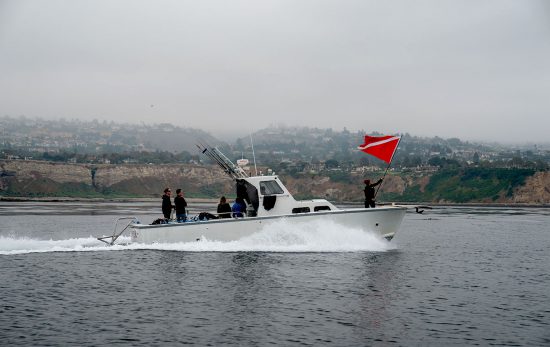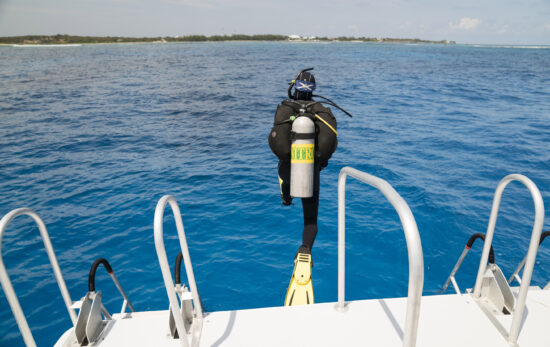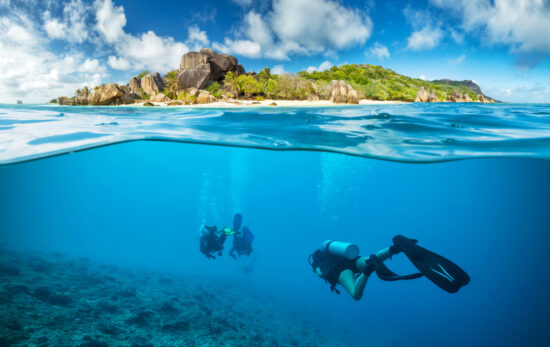Begin to gather a little experience in scuba diving and you will soon start to encounter the emotional aspects; when you see an ocean creature appear from the blue, you feel the excitement! When you are learning to do something new and it doesn’t quite go as planned, there may be some fear or frustration. You soon see these events have a noticeable effect on your diving: maybe you lose slight control over your buoyancy or go through your air a little faster than usual.
This is because our emotions, thoughts and physical reactions are all connected. Anxiety and excitement can make the heart race and change the way we breathe. Stress can change the focus of our attention and can affect our most basic diving skills. And how we feel can directly impact the way we dive.
Is this a problem? Not necessarily. Instead, it may be one of the most appealing aspects of scuba diving!
Scuba diving can teach us to slow down and relax. It can also help us to switch-on and stay alert to things that really matter. When we are diving, we can see the impact of our emotional reactions immediately. So, we learn to slow our breathing to stay calm and lengthen our dives. We learn to concentrate on important things like monitoring our air supply and depth. Regular scuba diving and training can encourage development of skills in responding effectively to problems under the surface.
And maybe that can help emotional and mental balance!
Do you know we have two main systems running our bodies? Our nervous system is split in two parts: one winds us up for action and the other one winds us down for relaxation. Regulation of these two systems is needed for our physical and emotional well-being. They are both important. When we are threatened or challenged, we wind up to “fight or flight” so that we can protect ourselves and escape danger, and winding down to “rest and digest” is essential for processes that maintain and restore our bodily systems.

Sometimes winding down is hard. Phone calls and emails, pings and notifications, the thoughts in our minds and our worries all wind us up. Keeping the fight/flight response on a low burn all the time can lead to chronic stress and poor health. Difficulty in regulation is a core feature of most psychological disorders.
We need the chance for our winding down system to work occasionally, to relax and recover. We need to regularly spend time in this state so that our bodies can take on vital maintenance work, and to strengthen the relaxation response.
As scuba divers we have tangible reasons to regulate and simple ways of doing so: Getting stressed? Slow down, breathe, fix it. When we forget these skills, diving reminds us.





